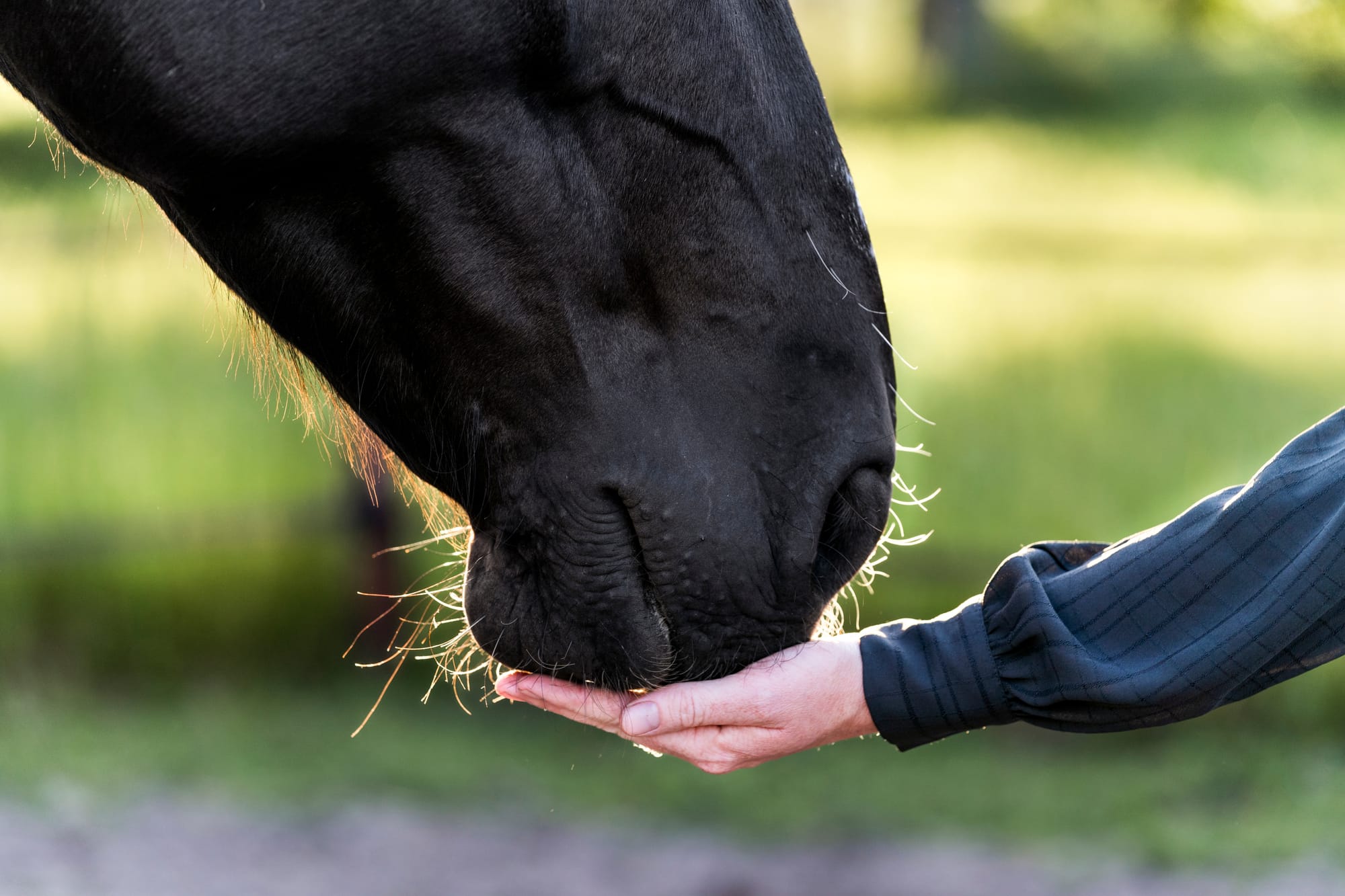By Jim Rawlinson BVMS MBA MCRVS
January can be a quiet time in the equestrian calendar with long nights and the weather limiting what we can do with our horses. This makes it the ideal time to make a plan for the coming year, highlighting key events and identifying important actions and tasks we need to do. Not only does this make sure we’re fully prepared for future activities, but I find it motivates me on those dark early starts by reminding me what I’m doing it all for.
Returning to fitness
Many horses do less or limited work over the winter and so fitness will consequently fall away. By noting down when your chosen activities are likely to pick up again, be that competing, showing or general leisure activities, a fitness program can be put in place. Planning ensures this can be done at a suitable pace so strength and fitness increases whilst minimizing the risks of injury. Equestrian Canada have a great resource you can consult for some more information: https://equestrian.ca/wp-content/uploads/cdn/storage/resources_v2/vN8YPg6e5u7vSZyrj.pdf
Vaccination boosters
Planned events and travel can also impact a horses vaccination schedule. Dates when boosters are due will depend on the specific vaccines but can also be influenced by local regulations, either legislative or competition authorities, or the reported risks or incidence of disease. These should be discussed with your veterinarian1 at the time of vaccination and recorded. However remembering when boosters are due can be challenging, especially if several horses are involved with different requirements. That’s why making a plan of when boosters are due can make sure they are booked in well in advance, avoiding any competition dates and ensuring sufficient time is allowed prior to movement or mixing.
Caring for teeth
An annual dental examination is advisable for all horses2, and this is often done at the same time as a vaccination booster. However in some individuals more frequent attention might be required, for example some older horses might need checking with possible teeth floating twice a year. If your veterinarian has advised this, it’s best to make a note in the diary to avoid it being overlooked.
Equine Infectious Anemia (EIA) Testing
An up-to-date Coggins test will be essential for many activities in the coming year to demonstrate the horse is negative for EIA. So now is the time to see if previous tests are still valid for the intended purpose. Examination and testing can then be scheduled with a suitably accredited veterinarian to ensure there is no last-minute rush and all paperwork is in order.
Making a deworming plan
Endoparasite control is an area that needs more planning today than was required in the past. Previously it was common to routinely treat all animals regularly with a chosen dewormer to a fixed schedule. However the growing prevalence of anthelmintic resistance, where dewormers are no longer effective against one or more worm species, means that a much more strategic approach is required.
Many considerations must be taken into account deciding when to deworm and what dewormer to choose. This includes management and husbandry factors, age and health issues, and prevalence of resistance in your area. This is why it is best to involve your veterinarian in developing a parasite control program. This might involve using fecal samples to determine the presence of any worm eggs, and to establish the level of shedding for each an individual horse. Results of last year’s tests and any treatments given should be recorded as these can influence this year’s approach. Appropriate dewormers if required for this season can be identified and when they should be given. Once a suitable plan is in place for each horse the appropriate actions can be put in the diary.
This might seem a lot to be thinking about at the start of the year but planning and organization at this stage. However ensuring all paperwork and records are in order and key healthcare activities are in the diary can be the first step on the way to a happy and successful year with your horse.
- https://aaep.org/resource/owner-vaccination-guidelines/
- https://aaep.org/wpcontent/uploads/2024/03/Learn_to_Recognize_your_Horses_Dental_Problems.pdf
